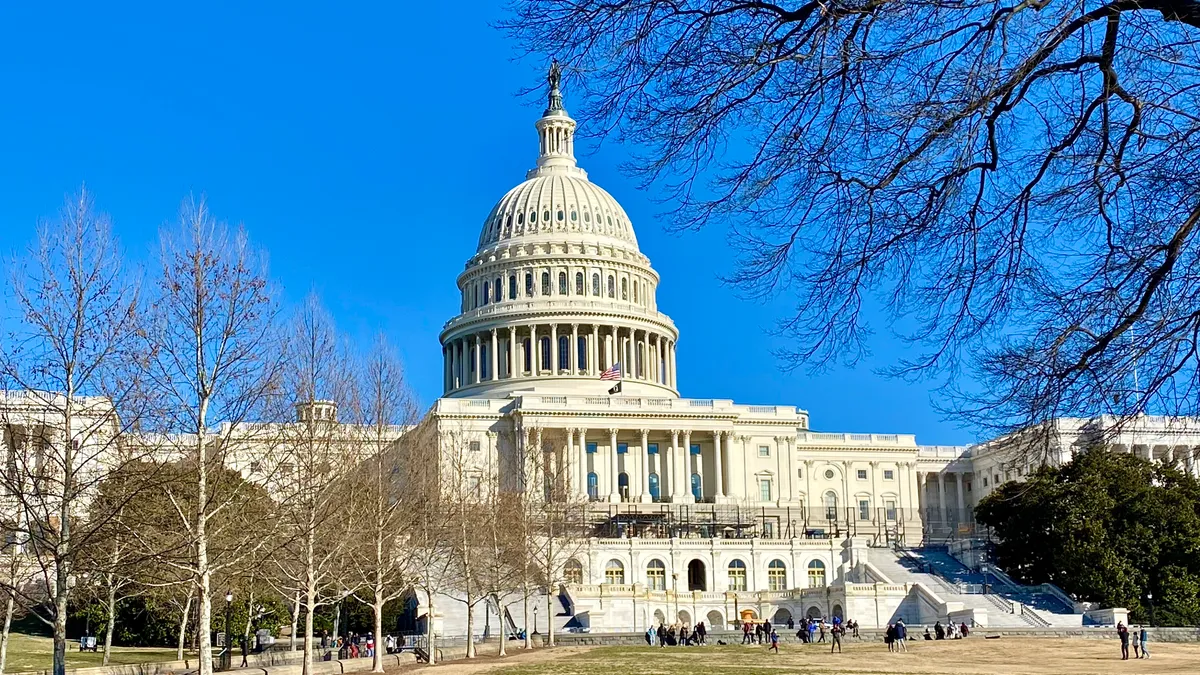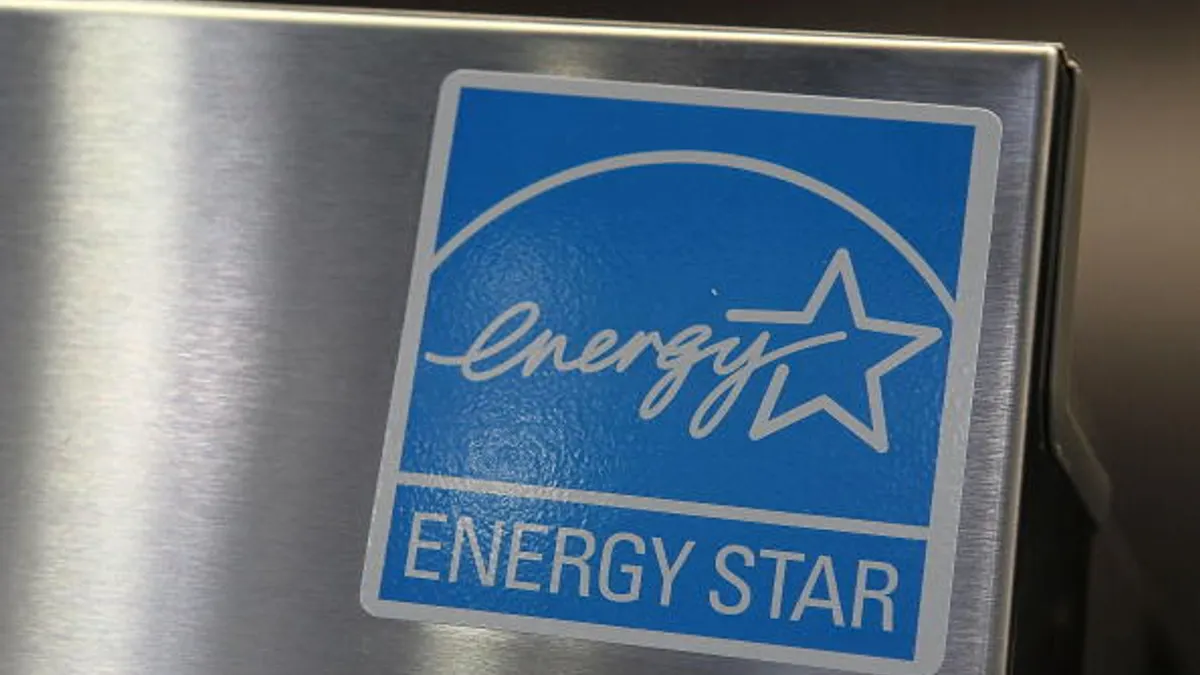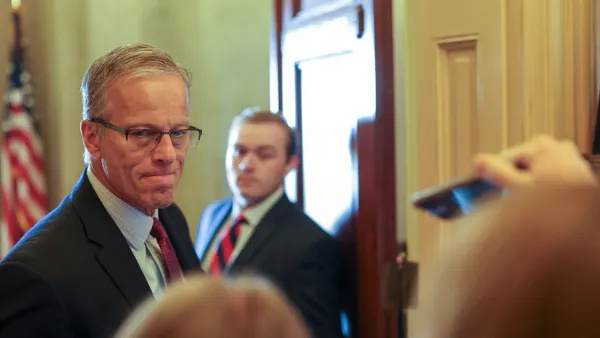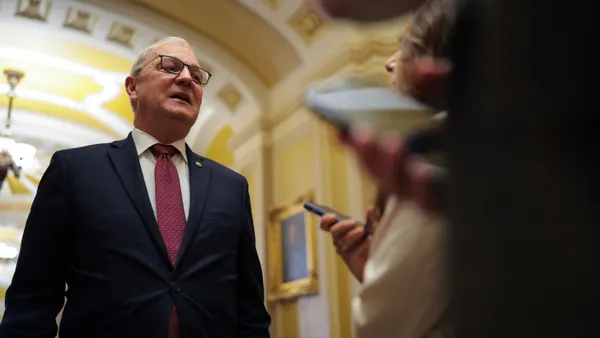Dive Brief:
- Major utilities, solar companies, storage developers and others have called on U.S. lawmakers to pass a reconciliation package that includes tax credits for wind, solar, and batteries, expanded efficiency incentives and support for clean transportation.
- Exelon Corp., Pacific Gas & Electric Corp., Public Service Enterprise Group and other companies are working to decarbonize but “corporate action alone is insufficient to meet the scope and scale of the climate crisis,” they said in a July 11 letter to Congressional leadership. Separately, more than 400 solar and storage companies organized by the Solar Energy Industries Association, known as SEIA, also advocated for a reconciliation package.
- Democrats failed to pass a $3.5 trillion spending bill last year, but negotiations have been revived and appear to be making progress. There is renewed hope for a smaller bill, E&E News reports, with up to $300 billion in clean energy investments.
Dive Insight:
Additional revenues are needed for climate and clean energy investments, and the federal government must help, companies said in their letters to Congress.
“Our companies are proactively shifting to clean energy and investing in energy efficiency,” the utilities said. “The federal government must reduce costs and climate-related risks across the economy and seize the economic opportunities in leading the world in clean energy innovation, manufacturing, and deployment.”
Along with Exelon, PG&E and PSEG, the letter was also signed by Logitech, VF Corp., Levi Strauss & Co., and Danone North America, and was distributed by Ceres, a non-profit group focused on sustainability.
Strong federal climate legislation is “critical,” Ceres Vice President of Government Relations Anne Kelly said in a statement.
“For months, companies and investors have advocated for this legislation. Today, we are excited to see leading executives personally champion the ambitious investments we need,” Kelly said.
The companies called for incentives for electric vehicles, energy efficiency and clean energy, investments to bolster domestic supply chains, and programs to address equity and improve resilience.
“A reconciliation package that includes these investments and reduces the deficit will help us combat inflation and bend down the cost curve for consumers’ bottom lines right away,” the letter said.
Similarly, the SEIA letter called on lawmakers to pass measures that will “help build a cleaner, cheaper, and more secure domestic energy future for all Americans.”
Signers of that letter included developers such as Stem, Sunrun, Vistra and AES Clean Power.
“Congress needs to get this done,” SEIA President and CEO Abigail Ross Hopper said in a statement. “This is a once-in-a-generation window for leaders in Washington to deliver on their promise to tackle climate change, create clean energy jobs and ease the tight grip of inflation and the global energy crisis.”
President Joe Biden has set a goal for the country to consume 100% clean electricity by 2035 and for half of new car sales to be electric by 2030. Experts say the targets are aggressive but possible with accelerated investments.
Sen. Joe Manchin, D-W.V., largely derailed reconciliation negotiations last year over concerns about the cost and the impact on fossil fuels. The Washington Post reports there has been some progress on compromises related to potential fees for methane emissions and income limits for electric vehicle purchase incentives.














